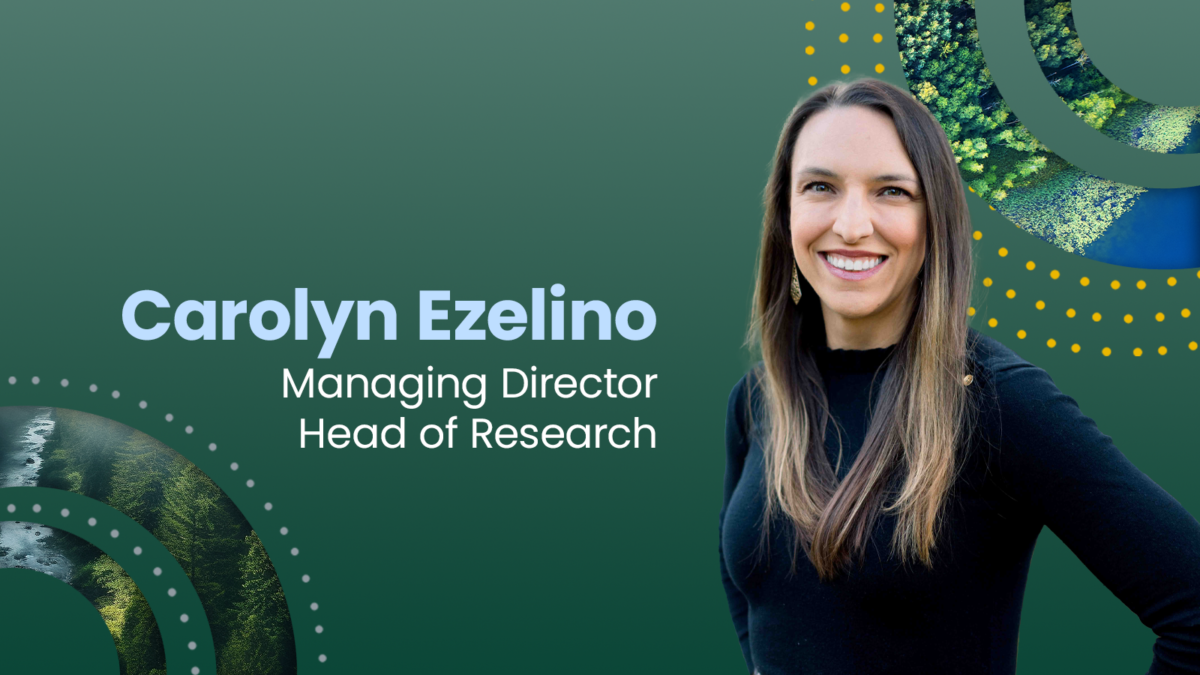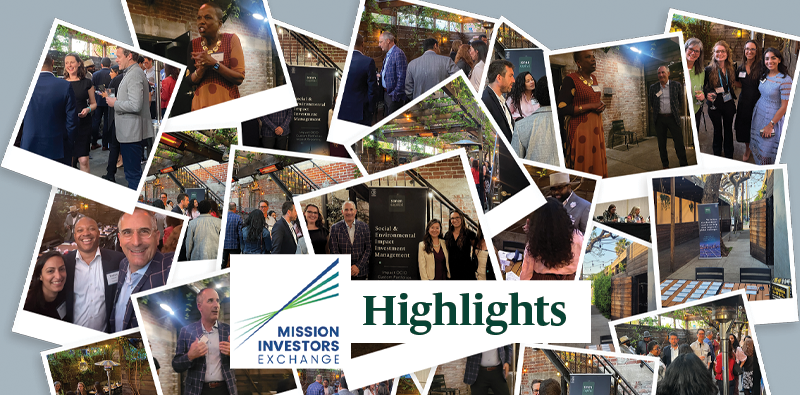National Geographic, By Monica Jain
November 21, 2013
Impact investors gather to learn about seafood start-ups
Investors interested in both doing well and doing good gathered at Stanford University last week to hear over 20 sustainable seafood start-ups pitch their enterprises in our Fish 2.0 Competition Finals and Investor Ideas Exchange.
The mix of people was exciting — I’ve worked with investors and entrepreneurs in this field for over 20 years, but I rarely see so many of them in the same room. We also had people from across the globe — Romania, Mexico, New Zealand, Europe, and the U.S. But what was most inspiring for me was to see over 150 impact investors, technical experts, grant-makers, experienced business leaders, and emerging entrepreneurs share ideas for the future of seafood. I expect that connections made last week will contribute to multiple new investments and business relationships in the sustainable seafood sector.
Getting to the Finals
After starting Fish 2.0 with over 80 entries last March, four rounds of online judging narrowed the field to 11 semi-finalists and 10 finalists who pitched their businesses to investors and judges at the finals event. The semi-finalists each gave a 90-second pitch (no easy task!), competing for a $2,500 fast pitch prize chosen by audience vote. The ten finalists each gave a ten-minute presentation with question and answer time with our panel of judges.
The Winners
All of the companies at the competition presented potentially profitable business ideas with positive environmental and social outcomes. Our panel of judges, all experienced investors, chose the winners of our $40,000, $25,000, and $10,000 prizes based on both the strength of the businesses and their potential to create positive environmental and social impact.
- Blue Sea Labs , the winning company, is a software and logistics service that enables fishermen to garner higher profits by selling and delivering sustainably caught seafood directly to customers.
- Cryoocyte, the second prize winner, is developing novel technology to freeze fish eggs, which would allow fish farms to produce at full capacity year-round and create a genetic egg bank to preserve endangered species.
- The third place finisher, Ho’oulu Pacific, helps tackle obesity and nutritional challenges prevalent in low-income communities by providing aquaponics modules that can be used to grow fish and vegetables in your backyard. Families using the systems produce healthy food to eat and a surplus to sell for increased household income.
The fast-pitch prize was an extremely close call, resulting in a tie between Inland Shrimp Company, a fish farming operation that aims to produce fresh shrimp in sustainable aquaculture systems in the Midwest, and SmartFish, a local company in La Paz, Mexico that helps fishermen sell directly to high-end markets that care about quality and sustainability. All of the businesses worked extremely hard throughout the competition and gave strong presentations. You can find more information about all of the semi-finalists and finalists on our Fish 2.0 webpage.
Increasing Investor Interest
Fish 2.0 gave seafood entrepreneurs a chance to show investors that there are both financial gains to be made in these markets and opportunities to build businesses that contribute to food security, ocean sustainability, and thriving local communities. Investors were excited to see so many businesses in one place, and they reiterated our belief that this sector is well-poised for growth. This interest is spreading. Seafood is gaining more and more attention from those who want to put their money into businesses that provide both financial returns and positive environmental and social outcomes.
One of our judges and sponsors launched Aqua-Spark, a new investment fund dedicated solely to sustainable aquaculture businesses, last week. And a recent report by Fish 2.0 sponsor KL Felicitas Foundation and Sonen Capital shows that impact investments can compete with and at times outperform typical investment portfolios, bringing more mainstream investors into the impact-investing field.
As Aaron Enz of Watershed Capital Group put it, “More and more, environmental issues are business issues. Consumers and advocates are calling for more sustainability. There are production problems linked to disease outbreaks and overfishing. When this demand comes together with sustainable production from companies like we saw today, it will propel sustainability. The status quo isn’t possible – to meet future seafood demand, sustain remaining wild harvest stocks and have responsible aquaculture, the industry is going to change.”
Thank you to all of the participants who helped make Fish 2.0 a success! We believe we are at the precipice of an exciting change in momentum around impact investing in the seafood sector and look forward to sharing more stories about Fish 2.0 entrepreneurs in the future.
Read the full article on National Geographic.


